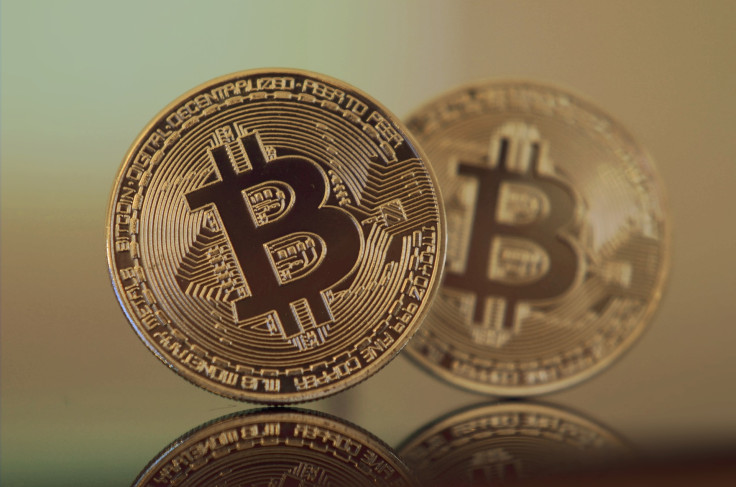Physical Bitcoin? - Here's Everything You Need to Know
Have you ever heard about physical Bitcoin or wondered whether it exists? Well, this article explains every aspect of physical Bitcoin and its benefits.
You wouldn't have welcomed Bitcoin technology if someone had told you about the idea five years ago. Of course, there's no way you would endorse a concept just a few years old at that time. Imagine no one knew anything about Bitcoin's future or its authenticity. Besides, no one would ever have believed Bitcoin could one day emerge as the most prosperous digital currency in history.

But despite the initial challenges, Bitcoin technology has advanced to become a global interest. Everyone is talking about incorporating Bitcoin technology into their payment systems, from small businesses to giant enterprises. And indeed, many organizations globally, including Microsoft and Tesla, have already added Bitcoin as one of their payment methods.
Climbing up the ranks further, you'll find countries either in the initial processes of legalizing Bitcoin or have already done so. For example, the Central African Republic is at an advanced stage of making BTC a legal tender. On the other hand, El Salvador has been using Bitcoin as a legal tender for some years.
What Hinders Bitcoin's Global Adoption?
Even though Bitcoin technology is robust, the concept is yet to receive full-scale global recognition. Many governments are skeptical about blockchain's security. Moreover, governments aren't happy with Bitcoin's design faults, significantly compromising its suitability as the ultimate financial system. Another course of concern is Bitcoin's coin-creation process.
Instead of adding more coins into circulation as per the demand and supply, Bitcoin technology's block reward algorithm uses predetermined instructions. For instance, the amount a miner earns diminishes by a half almost every four years. In addition, people can mine only a specific maximum amount of Bitcoins. Satoshi designed the Bitcoin core software to generate 21 million coins. Consequently, there have been concerns that Bitcoin might fail to meet the global demand in the future.
Understanding Physical Bitcoin
Perhaps you've come across the term PHYSICAL BITCOIN and wondering about what it entails and how it works. While digital Bitcoin is the most popular form, acknowledging the presence of a physical type is pretty rewarding. Unlike digital Bitcoin, which exists in electronic files, physical Bitcoin is in the form of metallic coins.
How Physical Bitcoin Works
Every Bitcoin coin has crucial information enabling access to a particular amount of digital Bitcoins. The data might include a public and a private key you can use to access Bitcoin in a crypto wallet. And this means that physical Bitcoin doesn't hold any intrinsic value but gives access to a specified Bitcoin amount.
So you'd first use your physical Bitcoin to access the associated digital Bitcoins if you wanted to trade them on a renowned crypto exchange like bitcode methods. That's because cryptocurrency trading platforms accept only the digital Bitcoin. You can join numerous crypto investors worldwide, making millions of dollars by following proven expert tricks.
Pros & Cons of Physical Bitcoin
Physical Bitcoin is better than the usual digital Bitcoin in terms of security. For example, not all your Bitcoins would be at risk if someone stole one of your Bitcoin coins. In such a case, the intruder will access only the Bitcoins associated with the stolen physical coin.
However, physical Bitcoin has a lot of challenges. For example, dividing the physical coins into smaller units to facilitate efficient transactions is impossible. Also, carrying physical Bitcoins everywhere is more tiresome than you might think.
Bottom Line!
Physical Bitcoins don't have any intrinsic value. Instead, they have the information you can use to access the actual Bitcoins. Physical Bitcoin exists in metallic coins; each coin provides access to a given amount of Bitcoins. If you lose one of the physical coins, only the Bitcoins it's linked with will be at risk of being stolen. The rest will be safe. You can ensure maximum safety in such a case by immediately reporting the matter to your service provider.





